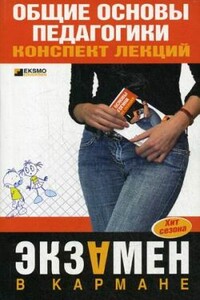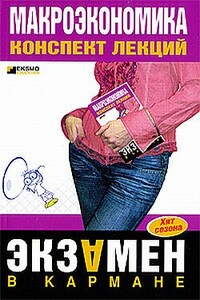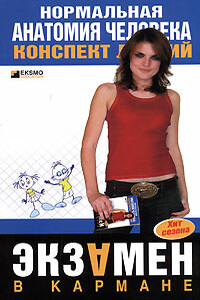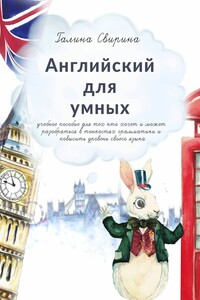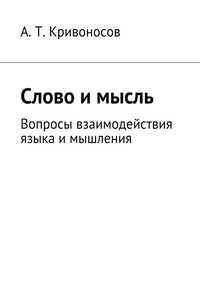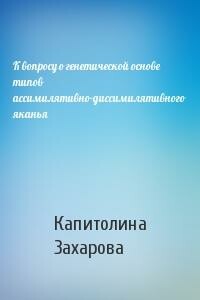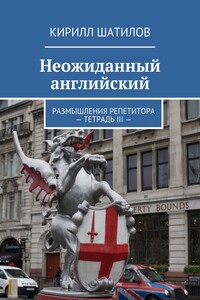Английский язык для медиков | страница 2
human – человеческий
occupation – занятие
art – искусство
to develop – развивать
science – наука
century – век
civilization – цивилизация
Middle аges – Средние века
modern – современный
animal – животное
subject – предмет
illness – заболевание
death – смерть
contribution – вклад
discovery – открытие
blood – кровь
Артикли
Перед каждым нарицательным существительным должен стоять артикль. В английском языке существуют два вида артиклей: неопределенный (indefinite) «А», «AN» и определенный (definite) «THE». Если слово употребляется в первый раз, используется неопределенный артикль» «А», «AN». Во второй и последующие разы употребляется определенный артикль «THE». Артикль не употребляется, если перед существительным стоит притяжательное или указательное местоимение, другое существительное в притяжательном падеже, количественное числительное или отрицание «ио».
Вставьте артикль, где необходимо.
1. This is… book. It s my… book.
2. Is this your… pencil? No, it is not my pencil, it is my sister's pencil.
3. I have… sister. My… sister is… engineer. My sister's… husband is… doctor.
4. I have no. handbag.
5. Is this… watch?
– No, it isn't… watch, it's… pen.
6. This… pen is good, and that… pen is bad.
7. I can see pencil on your… table, but I can see pencil on, but I can see no… paper.
8. Give me… chair, please.
9. They have… dog and two… cats.
10. I have… spoon in my… plate, but I have no… soup in it.
Answer the questions.
1. When the history of medicine began?
2. How did it begin?
3. How many the main stages are there in the history of medicine?
4. What practices medicine-men?
5. What role did magic play at those times?
6. Who began to study medicine?
7. Who were the pioneers of immunization and acupuncture?
8. Who was the early leader in Greek medicine?
9. When appeared the first hospitals?
10. What Louis Pasteur and Robert Koch discovered?
Make the sentences of your own using the new words (10 sentences).
Find the definite and indefinite articles in the text.
Find one word, which is a little bit different in meaning from others (найдите одно слово, которое немного отличается от других по смыслу):
1) a) medicine; b) theatre; c) doctor;
2) a) patient; b) lamp; c) pain;
3) a) dance; b) science; c) studying;
4) a) mushroom; b) human; c) man;
5) a) century; b) age; c) honey.
ЛЕКЦИЯ № 1. Cell
The cell is a smallest independent unit in the body containing all the essential properties of life. types of human cells can be grown in test tubes after beeing taken from the body. Cells which are functionally organized are often grouped together and operate in concert as a tissue, such as muscle tissue or nervous tissue. Various tissues may be arranged together to form a unit called organ as the kidney, liver, heart or lungs. Organs often function in groups called organ systems. Thus the esophagus, stomach, раnсreаs, liver and intestines constitute the digestive system.
